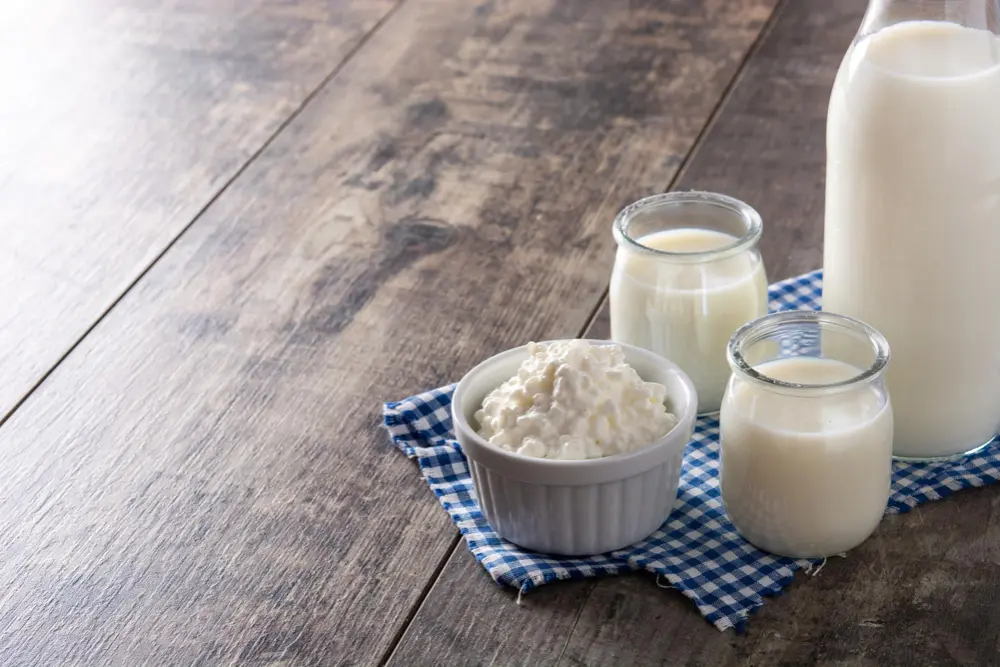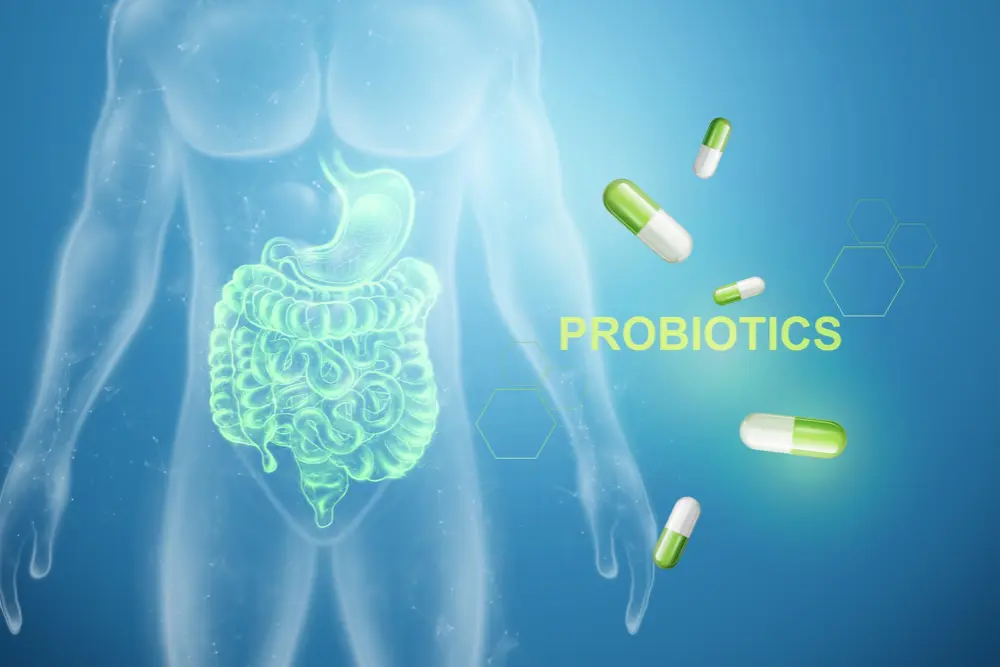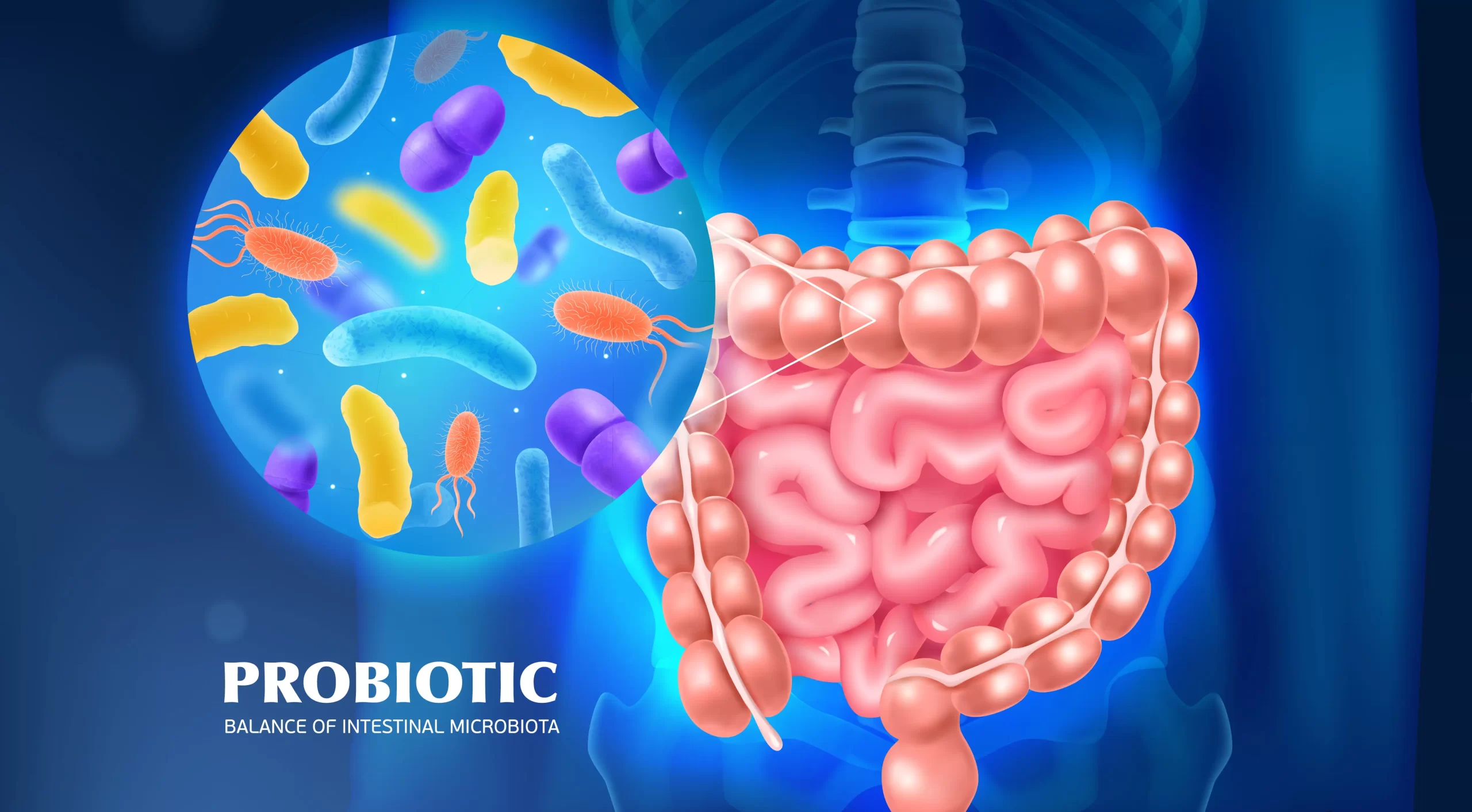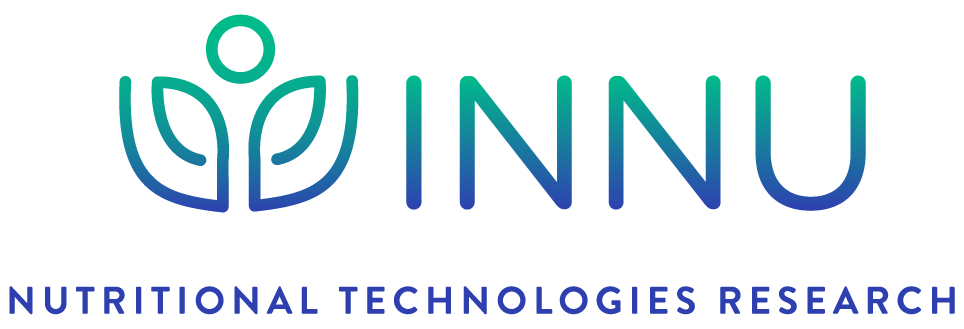Nutrition plays a critical role in health and development. Food, especially dairy products, provide energy and many essential compounds that support body’s well-being. Unfortunately, despite its importance, people worldwide are consuming more low-nutrient food, increasing the incidence of malnutrition and associated diseases. To overcome this problem, dairy food fortification is a suitable alternative. Among the techniques that have emerged, biofortification through the addition of certain microorganisms, mainly probiotics, is attracting special interest.
A Close-up to Probiotics

Probiotics frequently used are Lactobacillus and Bifidobacterium species. When incorporated in adequate quantities, they can confer multiple technological and biological benefits. However, successful probiotic fortification depends on parameters such as type of bacteria, viability, food composition, food processing, when they were added, storage, etc. Thus, if addressed effectively, probiotic performance will be perfectly fitted to dairy food.
The Tiny Nutrient Factory
Due to their extraordinary metabolic characteristics, probiotics can be exploited as cell factories to generate a diverse range of nutritional compounds, including but not limited to minerals, vitamins, and peptides/amino acids. But how do they do it? For instance, studies have reported that some strains are capable of synthesizing enzymes that help release Ca, Mg, Fe, and Zn or accumulate Se from food. Meanwhile, other strains have biosynthetic pathways that lead to the obtention of B vitamins (e.g., B1, B2, B5, B11, and B12) and vitamin K. Similarly, specific strains can encode proteolytic enzymes that produce several peptides (e.g., VPP, IPP, and VGLYP) from food proteins or synthesize bacteriocins and peptide hormones.
To Nutrition and Beyond

Once probiotics elevate the amount of these compounds, consumers can benefit from improved nutritional status. Meeting the recommended intakes through biofortified dairy food will reduce the risk of anemia, scurvy, osteoporosis, cardiovascular diseases, etc. Fortunately, these organisms do not stop there. Their survival in dairy food also provides a second box of health benefits. Studies evaluating probiotic in vitro and in vivo (animal models and clinical trials) efficacy support their role in antagonizing pathogens, improving lactose digestion, removing heavy metals, and degrading toxins, among others. Such multifunctional properties allow them to be considered as allies in the prevention of diseases and enhancers of body’s function.
The Next 100x Objective

Due to the demonstrated potential of probiotics to increase the nutritional value, future research should focus on evaluating the optimization and scale-up of processes for dairy food fortification. In addition, regulations need to be implemented to ensure that fortification is safe and has a real nutritional contribution.
More information: Urrutia-Baca, V.H., Hernández-Hernández, S.N., Martínez, L.M., Dávila-Vega, J.P., & Chuck-Hernández, C. (2023). The role of probiotics in dairy foods


